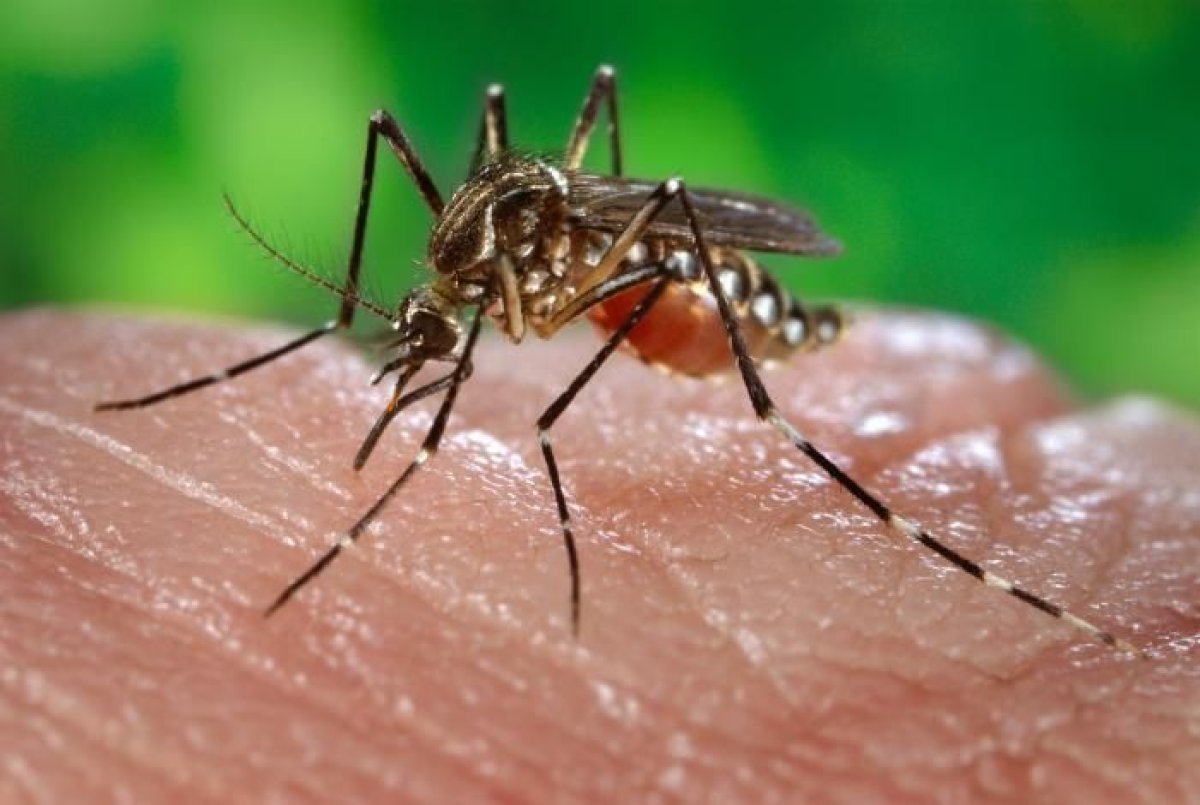Even the best laid plans can go awry—and one public health initiative in Brazil is a case in point. The project in question involved releasing an army of gene-edited mosquitoes into the wild in order to stop the spread of vector-borne diseases, from yellow fever and dengue to the Zika virus. But instead of depleting the population, the experiment may have made the mosquitoes even stronger.
It was thought that by short-circuiting certain parts of the insect's DNA, researchers could squash the target population's size withoutaffecting its genetics. This is a plan being put to the test in various regions plagued by the disease-riddled bugs—apparently with varying levels of success.
In the case in Brazil, researchers edited strains of Aedes aegypti with a defective gene to limit their fertility—or at the very least ensure any offspring produced would be too weak to progress into adulthood and reproduce themselves. According to researchers writing in Scientific Reports, this particular strain (OX513A) has previously resulted in declines of native Ae. aegypti by 85 percent.
And so, in the largest project of its kind to date, approximately 450,000 male Ae. aegypti OX513A were released every week, starting from June 2013 and ending in September 2015. This weekly event took place at sites across the city of Jacobina in the Brazilian state of Bahia. Theoretically—and if things had gone to plan—levels of disease-carrying mosquitoes in the area should have plummeted afterwards. This was not the case.
The effectiveness of the project appears to have broken down at around the 18-month mark. Having initially been suppressed by the arrival of the gene-edited mosquitoes, the local population bounced back to nearly pre-release levels. Some suggest this can be explained by mating discrimination against the mutated males, but this is still just speculation.

Indeed, genetic sampling at successive intervals (six, 12, and 27 to 20 months) post-release reveal Ae. aegypti OX513A were mating with resident populations to produce rare but viable hybrid offspring, who could go on to reproduce. Even more problematically, these crossbreeds may be more resistant to other forms of mosquito-control, such as insecticide. This is because they comprise of three populations—the native population (from Brazil) and the laboratory strain (originally from Cuba but outcrossed to a Mexican population.) An expanded gene pool can mean more robust mosquitoes.
The researchers conclude that it is uncertain how exactly this will affect disease transmission and what implications it has for other projects utilizing similar gene-hacking techniques to limit the spread of infectious disease carried by vectors like mosquitoes.
Rodney E. Rohde, the program chair of the Clinical Laboratory Science Program at Texas State University, who was not involved in the study, commented on the findings: "The study is well done although I do encourage the investigators and future studies to always include as much laboratory 'control' as possible prior to conducting 'live' in the field experiments," he told Newsweek.
"Of course, at some point, one has to go live. But we need to be very careful that when using GM, we consider as much safety and consideration around controlled studies first, and work very hard to try and understand all of the implications that may occur in nature."
According to the World Health Organization (WHO), vector-borne diseases account for over 17 percent of infectious diseases and result in more than 700,000 deaths worldwide each year. Malaria alone accounts for some 400,000 of those deaths, predominantly affecting children under five.
There are already billions of people at risk of mosquito-borne diseases—over 3.9 billion people from more than 128 countries are thought to be at risk from dengue fever alone. But climate change could make the situation a whole lot worse with one study predicting close to a billion people could be newly exposed to mosquito-borne diseases by the end of the century. Indeed, only this year officials in Nebraska reported on the first Ae. aegypti to bespotted in the state.
This article has been updated to include comments from Rodney E. Rohde.
Uncommon Knowledge
Newsweek is committed to challenging conventional wisdom and finding connections in the search for common ground.
Newsweek is committed to challenging conventional wisdom and finding connections in the search for common ground.
About the writer
To read how Newsweek uses AI as a newsroom tool, Click here.





